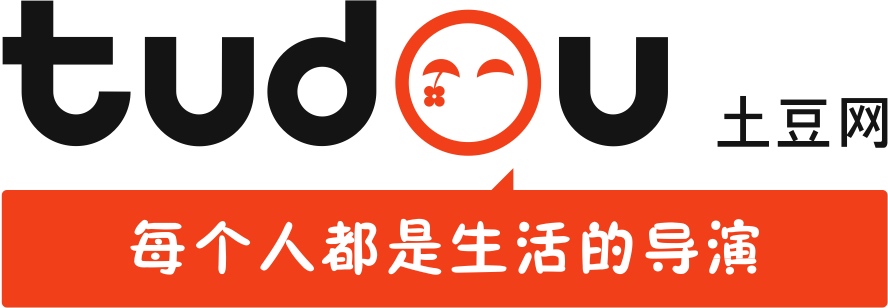 Last week Tudou announced the launch of its made-for-Internet original content production plan (“Orange Box“) and an independent filmmakers’ incubation program (“Warehouse no. 6”). The announcement may appear to be yet another entertainment initiative, but Tudou’s move is actually a calculated and strategic attempt to expand its content offerings, learning from the television model.
Last week Tudou announced the launch of its made-for-Internet original content production plan (“Orange Box“) and an independent filmmakers’ incubation program (“Warehouse no. 6”). The announcement may appear to be yet another entertainment initiative, but Tudou’s move is actually a calculated and strategic attempt to expand its content offerings, learning from the television model.
Many companies are jumping to capitalize on the growth of the online video industry in China, as they see the trends of consumer media behavior changing and advertising dollars shifting toward Internet video. Online video sites, portals, search engines and TV players are re-organizing themselves around the video entertainment market paradigm change.
According to China iResearch, total advertising revenue in the online video industry in China has grown almost 70% from RMB800 million in 2008 to RMB1.3 billion (or US$200 million) in 2009. And this growth will continue: The online video ad market growth is projected to be between 60% to 80% annually in the next three years.
Like YouTube and major video vertical players, Tudou boasts huge traffic: it currently has a massive 200 million monthly unique visitors per month. While monetizing the traffic by advertising has quickly become a proven business model, it may not be enough.
Therefore Tudou is kicking off its made-for-Internet original web productions, broadening its content offering and deepening long-term competitive strength. We are paving the way to create a made-for-Internet content ecosystem that signals our site’s ambition to create a new alternative model outside of network television companies’ business and operational systems, with a new audience watching new media online.
Starting in 2010, a number of online video websites in China announced different kinds of content initiatives via relatively simple approaches such as partnerships or funding. Tudou is choosing a more sophisticated and resource-consuming route, building its own production pipelines and managing the four key pillars: production, distribution, broadcasting and monetization.
Seems like it’s also a move to expand its resources away from lawsuit-inviting IPR infringing content, the likes of which Tudou (and Youku, and 56.com, and…) built their businesses on, now that Chinese courts are increasingly willing to award damagers to broadcast rights holders. I’ll admit to mixed feelings… I certainly think that not stealing the rest of the world’s content and putting up ads next to it is a really good thing, but at the same time, I’ll miss my US TV show hookup. 🙂
Tudou’s vision has been building a place where people can create & share in video format. While web-based open sharing sites inevitably confronts with commercial copyright challenges (texts, pics, music, videos), Tudou’s intention to bring forth Internet creative energy persists. Guess we’d all agree there is a lot more from the young talents, for the young audiences that you would not see (or not enough) on conventional media here.
Marc,
This is great news. One of the things I hate most about the Internet industry is that most of the best companies and smartest people have a horror of making original content and put all their resources into the platform.
It’s good to see a new media company acting more like an old media company.
Best of luck with this initiative.
Hi, Tudou vs Youku, in your opinion, which one is better suited for a corporation to engage in?
Thanks.
@Bernie Of course I am biased as a co-founder, but I think Tudou is better suited for a company to work with. For one thing, we have professional teams that work with finding solutions for clients instead of just putting banners on a site. Just look at the type and quality of ads on Tudou compared to the competition. Generally, Tudou tries to be innovative in running its business (not only on the sales side), and that sets us apart from many of our competitors.